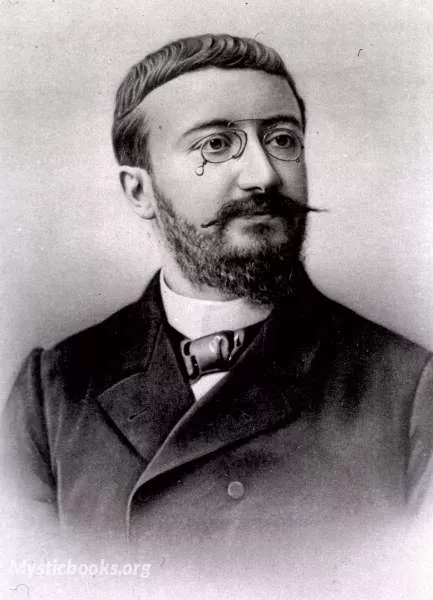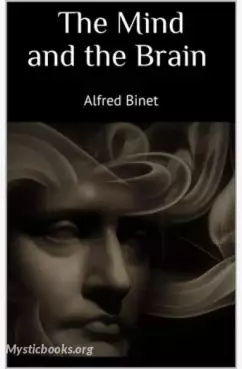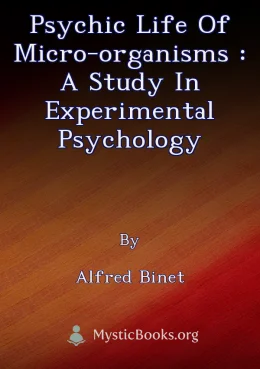
Timeline
Title
Country/Nationality
Alfred Binet
Alfred Binet born Alfredo Binetti, was a French psychologist who invented the first practical IQ test, the Binet–Simon test. In 1904, the French Ministry of Education asked psychologist Alfred Binet to devise a method that would determine which students did not learn effectively from regular classroom instruction so they could be given remedial work. Along with his collaborator Théodore Simon, Binet published revisions of his test in 1908 and 1911, the last of which appeared just before his death.
Binet was born as Alfredo Binetti in Italian-speaking Nice, which was then part of the Kingdom of Sardinia until its annexation by the Second French Empire in 1860, and the ensuing policy of Francization.
Binet attended law school in Paris, and received his degree in 1878. He also studied physiology at the Sorbonne. His first formal position was as a researcher at a neurological clinic, Salpêtrière Hospital, in Paris from 1883 to 1889. From there, Binet went on to being a researcher and associate director of the Laboratory of Experimental Psychology at the Sorbonne from 1891 to 1894. In 1894, he was promoted to being the director of the laboratory until 1911 (his death). Binet also educated himself by reading psychology texts at the National Library in Paris. He soon became fascinated with the ideas of John Stuart Mill, who believed that the operations of intelligence could be explained by the laws of associationism. Binet eventually realized the limitations of this theory, but Mill's ideas continued to influence his work.
In 1899, Binet was asked to be a member of the Free Society for the Psychological Study of the Child. French education changed greatly during the end of the nineteenth century, because of a law that passed which made it mandatory for children ages six to fourteen to attend school. This group to which Binet became a member hoped to begin studying children in a scientific manner. Binet and many other members of the society were appointed to the Commission for the Retarded. The question became "What should be the test given to children thought to possibly have learning disabilities, that might place them in a special classroom?" Binet made it his problem to establish the differences that separate the normal child from the abnormal, and to measure such differences. L'Etude experimentale de l'intelligence (Experimental Studies of Intelligence) was the book he used to describe his methods and it was published in 1903.
He did a lot of studies of children. His experimental subjects ranged from 3 to 18 years old. Binet published the third version of the Binet-Simon scale shortly before his death in 1911. The Binet-Simon scale was and is hugely popular around the world, mainly because of the vast literature it has fostered, as well as its relative ease of administration.
Since his death, many people in many ways have honored Binet, but two of these stand out. In 1917, the Free Society for the Psychological Study of the Child, of which Binet became a member in 1899 and which prompted his development of the intelligence tests, changed their name to La Société Alfred Binet, in memory of the renowned psychologist. The second honor was not until 1984, when the journal Science 84 picked the Binet-Simon scale as one of twenty of the century's most significant developments or discoveries.
He studied sexual behavior, coining the term erotic fetishism to describe individuals whose sexual interests in nonhuman objects, such as articles of clothing, and linking this to the after-effects of early impressions in an anticipation of Freud.
Between 1904 and 1909, Binet co-wrote several plays for the Grand Guignol theatre with the playwright André de Lorde.
He also studied the abilities of Valentine Dencausse, the most famous chiromancer in Paris in those days.
Books by Alfred Binet

The Mind and the Brain
The Mind and The Brain was published in 1907, a few years after Alfred Binet began working on his famous intelligence scale in collaboration with his assistant Theodore Simon. In 1899, Binet took up the task of studying the relationship between educa...

psychic life of micro-organisms : a study in experimental psychology
In this book, Alfred Binet explores the psychological phenomena of micro-organisms, arguing that they are present in all forms of life and are essential to life itself. He presents experimental evidence to support his claims, and his work has been in...